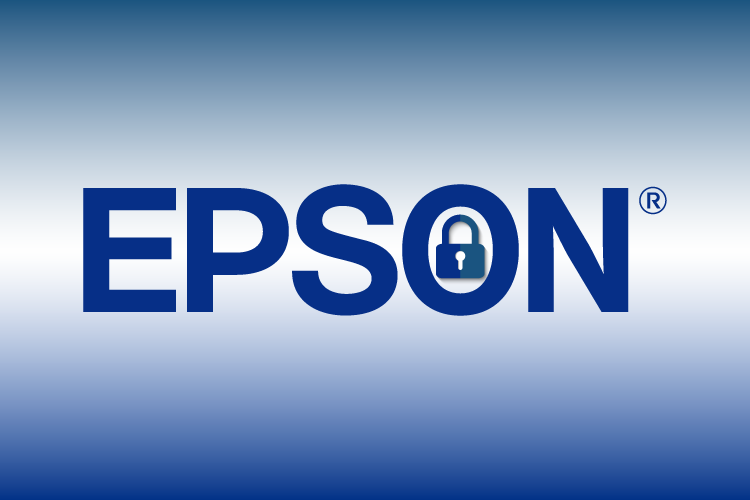Electronic medical records improving healthcare
Tuesday, January 29, 2013More hospitals are utilizing conversion services for electronic medical records (EMRs), saving doctors time and enhancing their ability to offer superior patient care.
A recent survey by Practice Fusion revealed that one in five medical professionals admitted that EMR access has allowed them to save the life of one or more patients. Further, 60 percent of respondents admitted that this technology has allowed them to better serve patients. A major reason that EMRs have been so critical in improving healthcare decisions is that these systems have more intelligent capture capabilities that minimize room for errors which could threaten patients’ lives. Of the medical providers surveyed, 57 percent cited lost or misplaced paperwork as a primary problem with paper records, while 45 percent claimed the main cause for error is illegible handwriting and another 37 percent cited difficult access to records.
Physicians that work in hospitals with digital document management practices are confident in the advantages. Dr. Lisa Bielamowicz, senior vice president for physician strategy at the Advisory Board Co., told MobiHealthNews that EMRs help to break down barriers between physicians as well as between providers and patients, creating a more efficient treatment process.
“Some of the most compelling innovations that we are seeing are devices, technologies, solutions that connect the patient to the provider, connect the patient to a community, so that they are engaged in the same treatment pathways,” she explained.
Medical providers are also seeing benefits from EMRs in terms of the exchange of patient information. Circleville Today reported that Ohio’s Berger Health System is currently implementing a system for the electronic transfer of medical records with other providers within the state, which was funded by the Federal Reinvestment Act. Andy Chilesky, chief information officer for Berger Health Systems, told the news source that doctors can view records from the EMR portal or import them securely through their office email accounts. He was adamant that this simplified sharing of information will be especially advantageous since it will allow doctors to more easily submit proposals to the immunization board and register diseases with the ODH for quicker detection of a possible outbreak.
Implementation of EMRs can grant easier accessibility to patient files, allowing doctors to make more accurate, informed decisions and improve quality of treatment.
Brought to you by Image One Corporation providing complete information governance since 1994.




